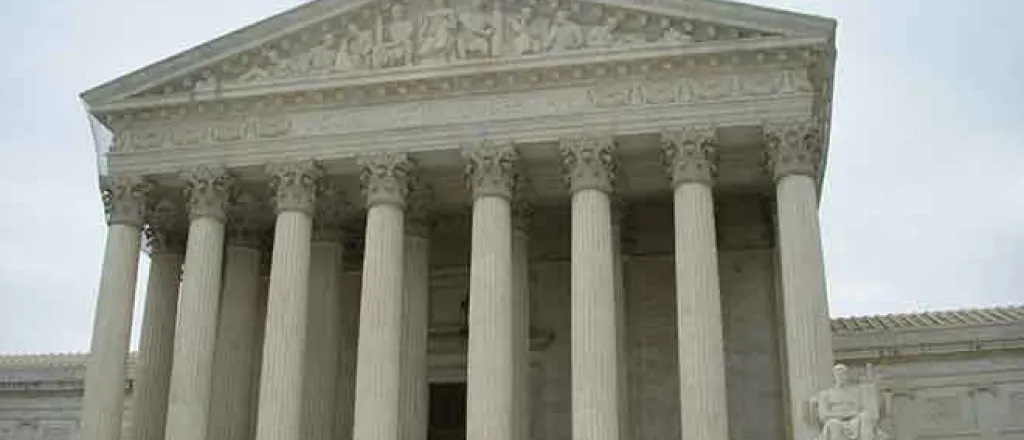
Justice Sotomayor recuses herself from Colorado 'faithless elector' case
Justice Sonia Sotomayor recused herself from a case that will be argued before the U.S. Supreme Court next month challenging Colorado's "faithless elector" law.
Colorado petitioned the court in October to consider a 10th Circuit Court of Appeals ruling in Baca v. Colorado Department of State, which found it was unconstitutional for Colorado’s Secretary of State to order the removal of an Electoral College elector during the 2016 election for refusing to cast his vote for Hillary Clinton, who won the popular vote in Colorado.
That elector, Micheal Baca, was labeled a “faithless elector” for supporting John Kasich rather than Clinton, and was subsequently removed and replaced with an alternate electoral voter.
Michael Baca is not related to Polly Baca, a close friend of Sotomayor who is also a respondent in the Colorado case.
“The Justice believes that her impartiality might reasonably be questioned due to her friendship with respondent Polly Baca," Supreme Court Clerk Scott Harris wrote to attorneys litigating the case. "The initial conflict check conducted in Justice Sotomayor’s Chambers did not identify this potential conflict.”
Sotomayor is not recusing herself from a similar case from the state of Washington, where three faithless electors voted for former U.S. Secretary of State Colin Powell instead of Clinton, who won the popular election.
More than half of U.S. states have laws requiring electors to follow the results of the states' popular vote when casting their electoral college ballot.

















